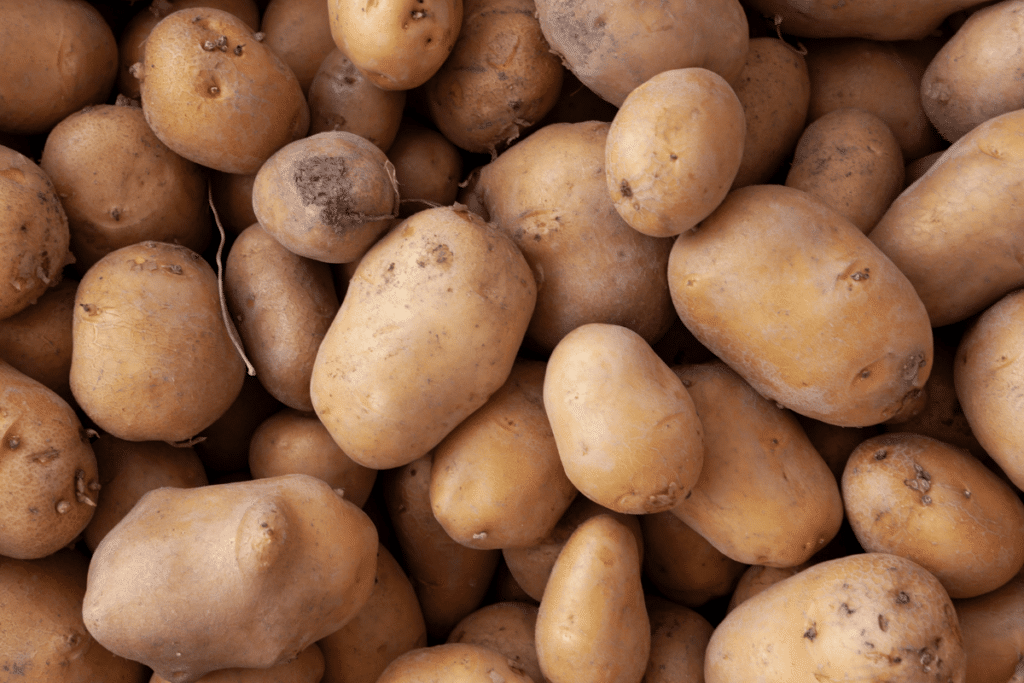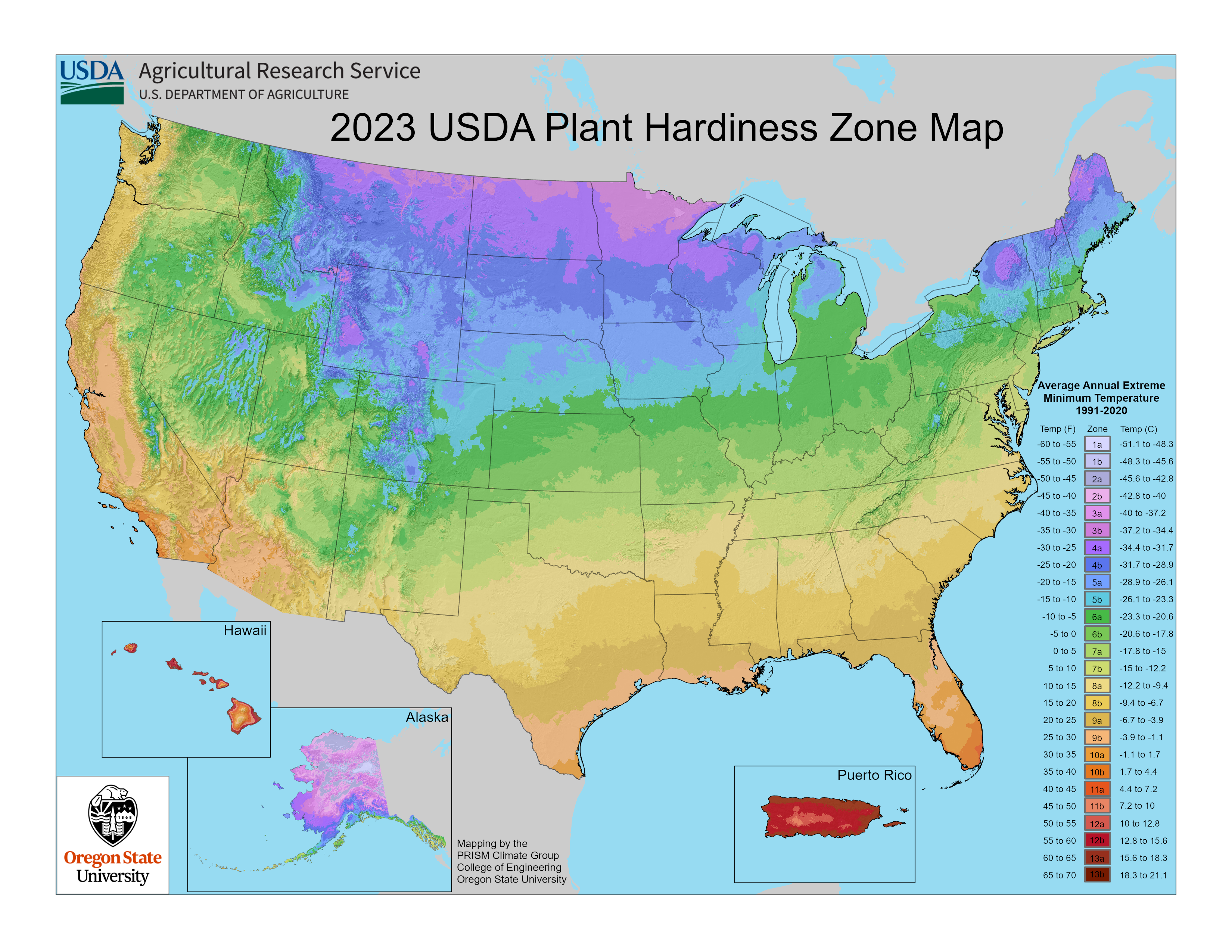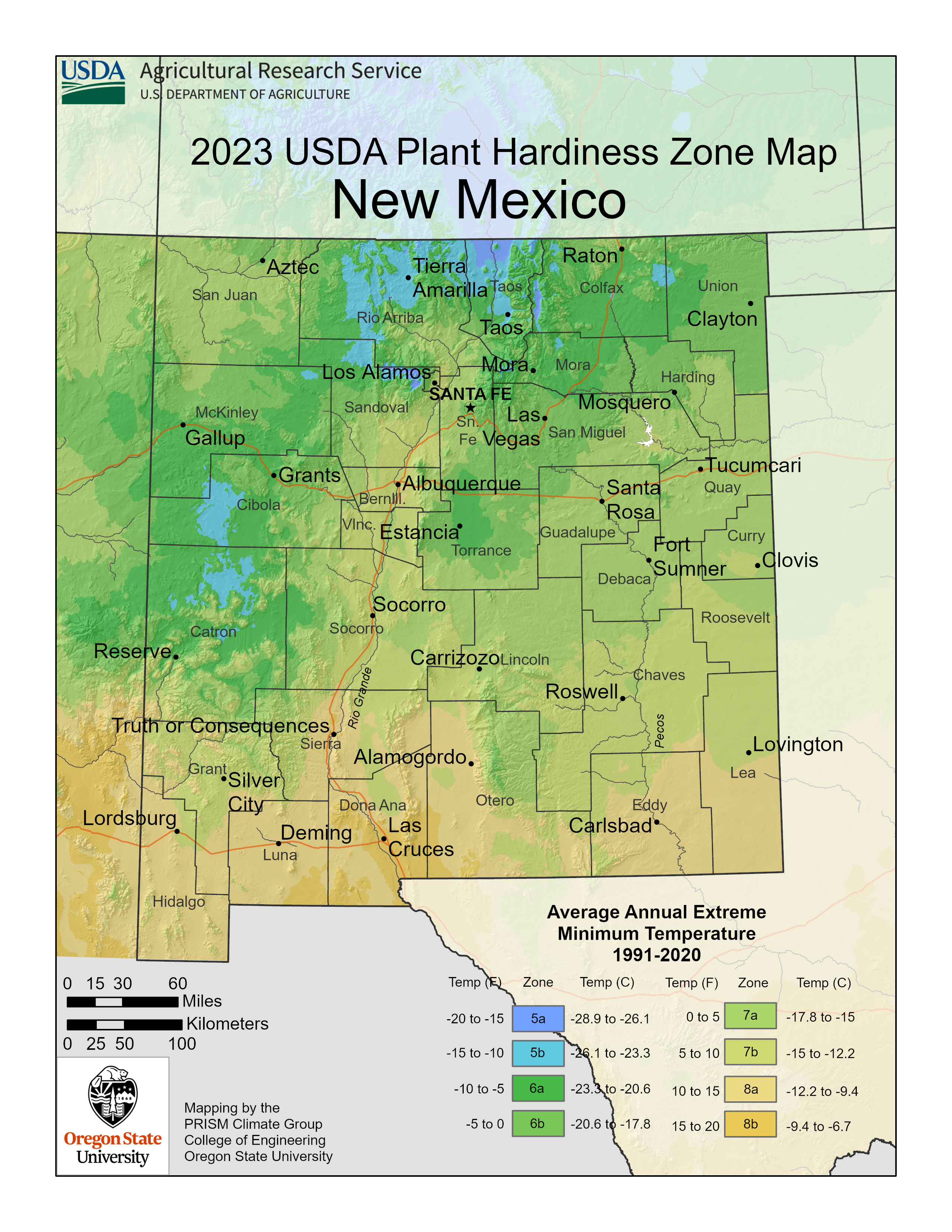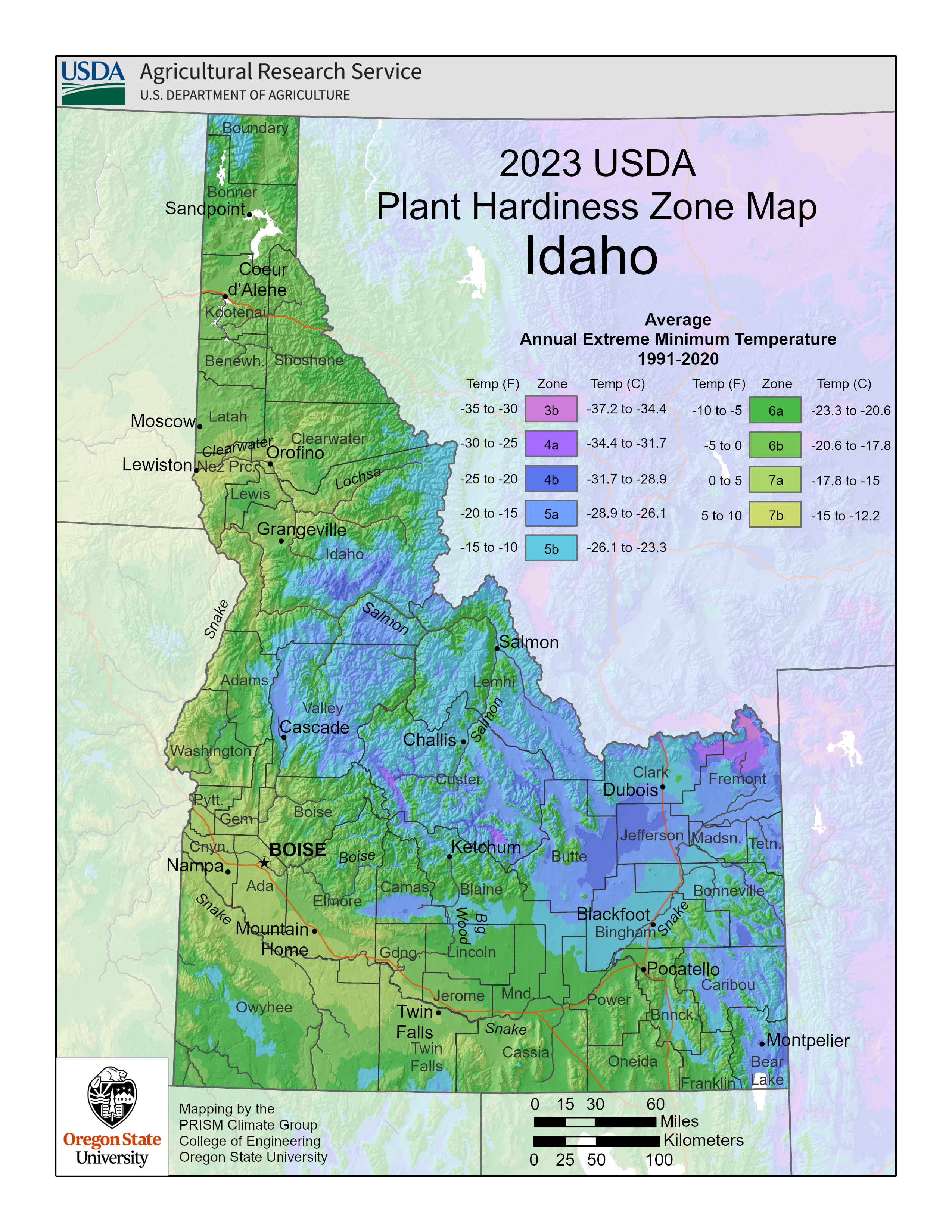Everyone loves potatoes and they are a common component in many people’s diets. Organic potatoes are cultivated without the use of artificial fertilizers or pesticides.
Unlike organic potatoes, non-organic potatoes are treated with a growth inhibitor to prevent sprouting eyes.
Organic potatoes are rarely sprayed with preservatives or sprouting inhibitors, as such they sprout faster than other potatoes. They may sprout even quicker if exposed to higher temperatures. Generally, they are likely to germinate if they are more than 4–8 weeks old.
How to Get Organic Potatoes to Sprout?

You should note that organic potatoes naturally go into a dormant state after harvesting that lasts about four to eight weeks to protect from unfavorable weather conditions. To break dormancy, favorable conditions ought to be employed.
Organic Potatoes will sprout for a variety of reasons. That includes;
- Planting them in the garden or harvesting and storing them for later use.
- Expose them to light, and even artificial indoor illumination would serve the purpose. Ray is also necessary for potatoes to grow healthy and strong.
- Sprouting will occur in warm temperatures. Putting your potatoes in a friendly atmosphere will also help them sprout faster. The warmth signals the potato to begin growing. Temperatures between 50 and 60 degrees F will suffice.
- Increase the moisture or humidity surrounding the potatoes. Organic Potatoes will sprout under moist environments. That is why gardeners recommend growing potatoes in damp soil and storing them entirely dry. It is also advisable to put a layer of slightly wet paper towels between the potatoes to dampen them.
- You may speed up sprouting by using the effects of ethylene, a gas that many plants and fruits naturally release. Enclosing your potatoes in a paper bag with ripening vegetables helps hasten the sprouting process because gases released from ripening cause this response.
- Potatoes can be set in a dark location in the refrigerator to bring them out of their dormant state. Allow them to sit for around 15 days before bringing them out and then place them in a light-filled environment.
What Average Time Does It Take For Potatoes To Sprout?
The average period for potatoes sown in the soil to sprout ranges from 7 to 21 days. Temperature, solar exposure, and soil moisture levels all influence sprouting time
. Potatoes do not require soil to sprout since they are a tuber that contains enough nutrients to support new growth. If you don’t take precautions, potatoes left after harvest will sprout in one to three months.
Depending on the cultivar, soil, and weather conditions, the normal sprouting period for potatoes planted in the soil ranges from 14 to 28 days. Those planted in chilly, moist soil often take longer to sprout than those placed later, once the earth has warmed over 50 degrees.
Can Sprouting Organic Potatoes Be Used Or Eaten?
Fully sprouted potatoes from your storage room are safe to sow in the garden after three to four weeks. Green and sprouting potatoes are still okay to plant. Overgrown sprouts on a potato; it’s best to remove some of them by cutting them off.
It is advisable that you use gloves while handling sprouts due to glycoalkaloid compounds called Solanine and chaconine, which potatoes create to keep pests from attacking the plant as it grows and delays rotting.
Potatoes are a source of Solanine, a glycoalkaloid compound. Sprouted potatoes are safe to eat as long as the Solanine is in small amounts, potato doesn’t look too wrinkly and withered and its firm, and discarding hazardous sprouts, bruised parts, and portions of green skin. Eliminating these places may help reduce glycoalkaloid levels, thus decreasing harmful toxin consumption.
As potato sprouts, the level of glycoalkaloid compounds begins to rise. Therefore, eating them can cause you to ingest excessive amounts, resulting in headaches, nausea, vomiting, or even death. Many times, even after removing the sprouts, a potato still tastes unpleasant.
Bulging nodes indicate that the potatoes have broken dormancy and are actively converting their starches into sugars and other nutrients required for the development. The conversion of carbohydrates to sugars at this step reduces the nutritional value.
How to Prevent Organic Potatoes from Sprouting?
Potato producers frequently treat their potatoes in various ways to prevent sprouting. If you happen to buy organic potatoes or cultivate your own, a few easy storage tips can increase their storage for an extended period. Potatoes should be stored in someplace cool.
The ideal temperature ranges between 45 and 50 degrees F. You ought to ensure that the temperature remains a constant failure so that potatoes may start to rot or sprout.
If you want to buy potatoes in bulk or harvest your own, you should carefully choose your potato varieties.
Some potatoes preserve better and for a more extended period than others. Dryer, late-harvest potatoes stay the best in general.
Homegrown organic potatoes must be dried before they can be stored for an extended period. If you omit this easy but critical step, they won’t last as long as they should. Furthermore, moisture and sun exposure cause potatoes to deteriorate, stored loosely in a perforated plastic bag.
While it may seem apparent, damaged potatoes will also not stay well. When you correctly store good-quality potatoes, they are less likely to go bad or sprout prematurely.
To prevent premature sprouting, keep potatoes alongside fruits like an apple.
The apple fruit emits ethylene gas as they ripen that prevents potatoes from sprouting. Store them in a cold, dark area, away from onions. Putting onions close causes them to grow.
What Conditions to Apply While Growing Sprouted Organic Potatoes?

They are cultivated without the use of artificial fertilizers or pesticides. Full sun is always preferable for the growth of sprouted organic potatoes. Growing of sprouted organic potatoes necessitates;
- Careful soil preparation. They are actively well-rooted plants. You will find that planting them in light, loose, well-drained soil with at least six to eight hours of direct sunlight yields the best harvest. They like somewhat acidic soil, with a PH of 5.0 to 7.0. They are less prone to diseases in acidic soils.
- Selection of early-producing disease-resistant potato varieties.
- Use of sound cultural techniques.
- Application of organic pesticides with caution. Too much can cause leggy, disease-prone growth. The use of natural fertilizers that won’t inhibit sprouting.
- Crop rotation. Organic potatoes ought to be rotated in the garden. They certainly have not grown in a similar spot for more than three to four years.
- Cool conditions. Avoid freezing and temperatures that restrict tuber output.
Fortunately, organic potatoes are pretty pliable and will nearly always produce a fair harvest, even in less-than-ideal soil conditions and growing seasons.
Final Thoughts
Potatoes are what every novice gardener ought to grow in their garden. Now that you know how to get potatoes to sprout and any other additional information, you can utilize this information to increase the yield of your seasonal potato garden.
Also, with such information at hand, you prevent consumption of naturally occurring glycoalkaloids compounds which may cause diseases.
Related Posts
- How to Plant and Grow Potatoes in a 5-Gallon Bucket
- How to Make Compost Crumbly the Easy Way
- What Is a Potato Tower? (Explanation and Images)


